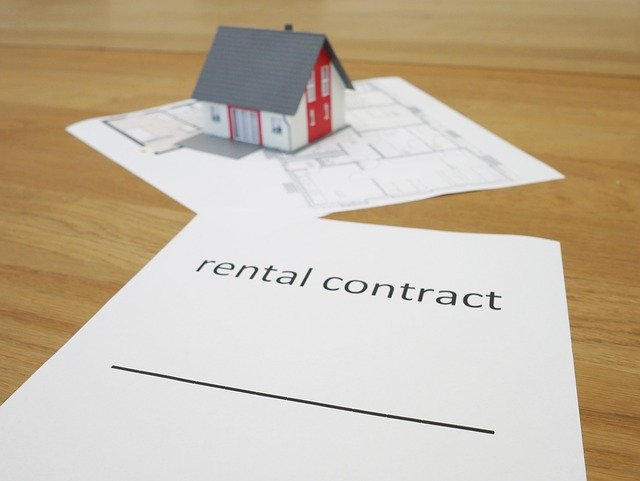"Decoding the Intricacies of Real Estate Auctions: A Comprehensive Guide"
Introduction: Real estate auctions are a less explored yet potentially lucrative avenue for property investors. This article will delve into the intricacies of this niche market, offering a comprehensive guide to navigate its complexities and seize its opportunities.

Understanding Real Estate Auctions
Real estate auctions are public sales where properties are sold to the highest bidder. They have been around for centuries, but their popularity has surged in recent years due to the increasing number of foreclosures and distressed properties. Auctions can be a goldmine for savvy investors, offering the chance to acquire properties at below-market prices. However, they also come with their own set of risks and challenges.
The Appeal of Real Estate Auctions
The primary appeal of real estate auctions lies in the potential for significant savings. Properties sold at auction often go for less than their market value, sometimes by as much as 30-40%. This is because sellers are usually in a hurry to dispose of the property, either due to financial distress or because the property is part of an estate sale. Additionally, auctions offer a wide variety of properties, from residential homes to commercial buildings, giving investors plenty of options to choose from.
The Risks and Challenges
Despite the potential rewards, real estate auctions are not without risks. One of the biggest challenges is the lack of opportunity for thorough property inspection. Most auction properties are sold “as is,” meaning the buyer assumes all responsibility for any repairs or renovations needed. Additionally, winning bidders are typically required to pay in cash or secure financing within a very short timeframe, which can be a hurdle for some investors.
Strategies for Successful Bidding
Successful bidding at real estate auctions requires careful preparation and strategic planning. Research is key: investors should thoroughly investigate the property, the auction process, and the competition. Setting a maximum bid in advance can help avoid getting caught up in the heat of the auction and overpaying. Finally, having a contingency plan in case the winning bid falls through is crucial.
The Impact on the Real Estate Market
Real estate auctions can have a significant impact on the local property market. They can help stabilize prices by clearing out distressed properties and providing a platform for fair market value determination. However, they can also contribute to market volatility if not properly regulated.
In conclusion, real estate auctions offer a unique and potentially profitable avenue for property investment. However, they require careful preparation, strategic bidding, and a thorough understanding of the risks involved. With the right approach, investors can unlock significant value and diversify their property portfolios.






